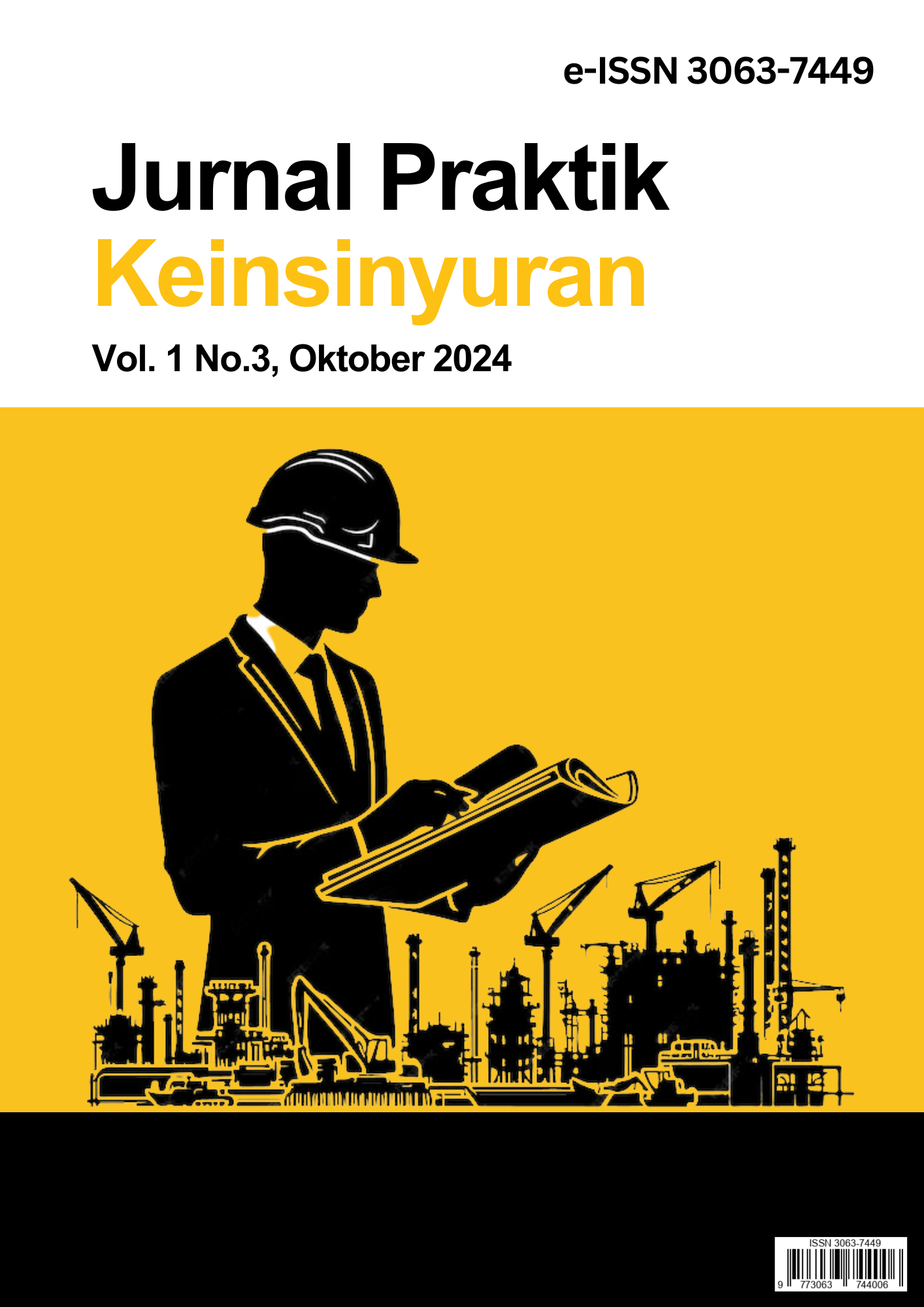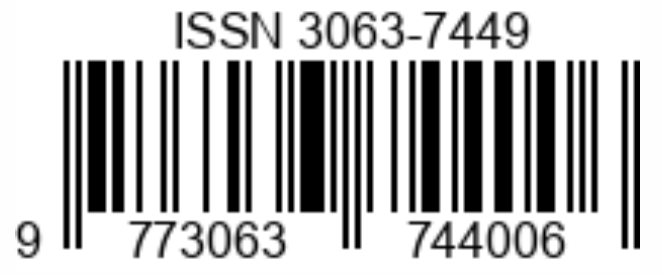Implementasi Kebijakan Revitalisasi Industri Pupuk Nasional
DOI:
https://doi.org/10.25170/jpk.v1i03.6414Keywords:
food security, fertilizer industry, revitalization, natural gas efficiencyAbstract
Food security is one of the important factors in realizing the targets of the Sustainable Development Goals (SDGs). One of the main aspects of strengthening food security is increasing fertilizer production that supports the agricultural sector. Regarding this, the Indonesian government initiated a fertilizer industry revitalization program based on Presidential Instruction Number 2 of 2010. This program aims to replace old factories with new, more efficient technology, increase production capacity, and reduce dependence on imports. Since the implementation of the fertilizer industry revitalization program, the production capacity of urea and NPK fertilizers has increased significantly. New factories built since 2015 have contributed to meeting national fertilizer needs and increasing efficiency by reducing natural gas consumption. Collaboration between the government, private sector, and the community is critical to the long-term success of the national fertilizer industry. Fertilizer industry revitalization needs to continue to achieve sustainable food security in Indonesia.
References
Badan Pangan Nasional. (2022). Indeks Ketahanan Pangan Tahun 2022. Jakarta: BPN.
PT Pupuk Indonesia (Persero). (2014). Laporan Tahunan 2014. Jakarta: PT. Pupuk Indonesia.
PT Pupuk Indonesia (Persero). (2023). Laporan Tahunan 2023. Jakarta: PT. Pupuk Indonesia.
Indonesia. (2014). Undang-Undang Nomor 3 tahun 2014 tentang Perindustrian. Jakarta.
ndonesia. (2010). Instruksi Presiden Nomor 2 Tahun 2010 tentang Revitalisasi Industri Pupuk.




